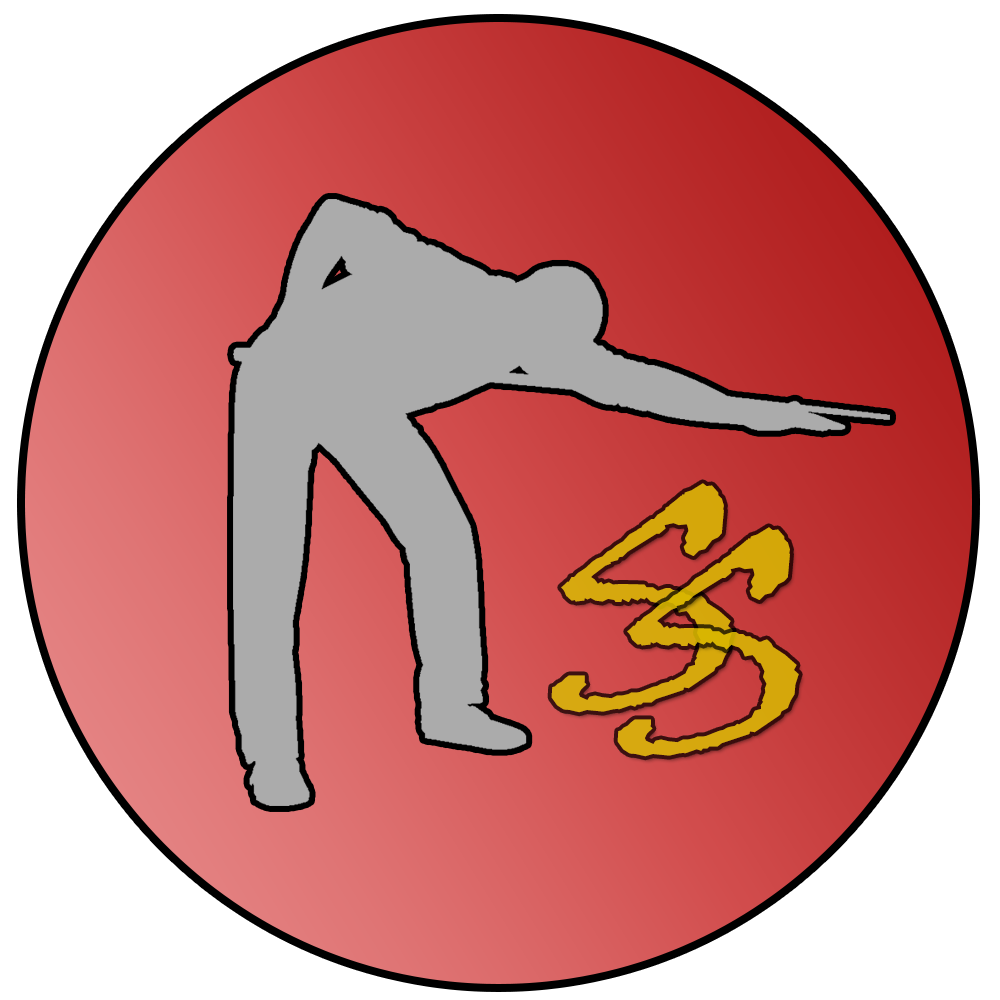Much like one of the very first Short posts on this website looking at ‘Stephen Hendry as a Commentator’ (click here to read that), this is more of an appreciation post for the deceptively difficult role that snooker referees undertake. While there are referees that we are all familiar with, it’s great to see a lot of newcomer referees introduced into the game.
They are aided by technology and a supporting marker (second referee), but referees still require immense focus and concentration. The act of re-spotting colours, announcing player and break scores, ensuring they’re behind the player each shot and keeping switched on in the case of a foul may not seem like a demanding role, but over the course of a match which could last many hours is an impressive feat. All while maintaining a high level of professionalism. If you’re someone who is impatient or has difficulty in maintaining an extended period of concentration, then you can understand how difficult this can be. But I imagine if you’re a snooker viewer, then your patience is pretty good.
Patience and judgement are key characteristics exhibited by referees in a snooker match. They may find themselves in a match where they have to deal with certain players being a little unconventional; or correctly call a foul and a miss which in itself is a fairly controversial ruling. A recent example involved Leo Scullion and Mark Allen at the Scottish Open where Allen unknowingly feathered the cue ball and Scullion had to intervene afterwards.
Even though snooker is a gentlemanly sport, there can be situations where the referee has to be firm and let the player know this. One time that makes me think of this is at the WSC final between Selby and Higgins; Jan Verhaas had to show a steady hand on whether the cue ball touched the black ball upon nestling behind it, even if players may not agree with the decision.
Given that there are more tournaments to be played in a season, there has been a rising exposure to many different referees that are becoming well integrated into the sport. Referees such as Marcel Eckardt and Terry Camilleri who are becoming quite well established and others such as Desislava Bozhilova and Maike Kesseler who are a little more unseen compared to senior referees, are becoming more confident as they gain more exposure in ranking events.
It’s no easy task being a snooker referee, but it’s definitely something that can go under the radar in the grand scheme of a match. When a player is making a century break, their job can seem quite easy but when that isn’t happening, much like the players, the referees have to uphold their concentration as the match progresses; since they are as involved as the players themselves.





